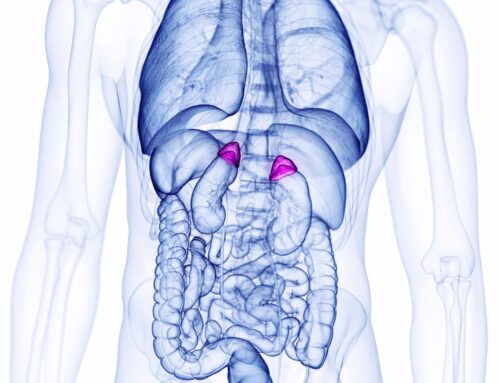
Hormones are the messengers of our body, orchestrating numerous processes that maintain our health and well-being. However, when these delicate messengers fall out of tune, it can lead to hormonal imbalances that impact various aspects of our lives. In this article, we will delve into the world of hormonal imbalance, unravel its causes, symptoms, and effects, and equip you with essential knowledge to navigate this intricate topic.
Understanding Hormonal Imbalance:
Hormonal imbalance occurs when there is an irregularity in the production, regulation, or function of hormones in the body. Hormones play a pivotal role in controlling various bodily functions, from metabolism and growth to mood and reproduction. Even a slight deviation from the norm can lead to a cascade of effects on both physical and emotional well-being.
Common Causes and Effects:
- Age: Hormonal fluctuations are a natural part of life and are particularly pronounced during puberty, menstruation, pregnancy, and menopause.
- Stress: Chronic stress can lead to an overproduction of cortisol, known as the stress hormone, disrupting the balance of other hormones.
- Lifestyle Factors: Poor diet, lack of exercise, inadequate sleep, and exposure to environmental toxins can contribute to hormonal imbalances.
- Medical Conditions: Conditions like polycystic ovary syndrome (PCOS), thyroid disorders, and diabetes can result in hormonal disturbances.
Recognizing the Symptoms:
Hormonal imbalances can manifest in a myriad of symptoms, including:
- Mood Swings: Unexplained irritability, anxiety, or depression.
- Weight Fluctuations: Unexplained weight gain or difficulty losing weight.
- Fatigue: Persistent tiredness or lack of energy.
- Skin Issues: Acne, dry skin, or excessive oiliness.
- Menstrual Irregularities: Changes in menstrual cycle length, flow, or missed periods.
- Sleep Disturbances: Insomnia or disrupted sleep patterns.
Seeking Diagnosis and Treatment:
If you suspect a hormonal imbalance, seeking a medical diagnosis is essential. Consulting a healthcare professional, such as an endocrinologist or gynecologist, can help identify the underlying cause through blood tests and a thorough medical history review. Treatment options vary based on the cause and severity of the imbalance, and may include lifestyle changes, medication, hormone therapy, or surgery.
Taking Control of Your Health:
- Prioritize Balanced Nutrition: Consume a diet rich in whole foods, lean proteins, healthy fats, and a variety of fruits and vegetables.
- Exercise Regularly: Engage in physical activity to maintain a healthy weight and promote hormonal balance.
- Manage Stress: Incorporate stress-reduction techniques such as meditation, yoga, or deep breathing exercises.
- Prioritize Sleep: Aim for 7-9 hours of quality sleep per night to support hormone regulation.
- Consult a Professional: If symptoms persist, consult a medical professional to determine the best course of action.
Hormonal imbalance is a complex and impactful topic that can affect all aspects of our lives. By understanding its causes, recognizing its symptoms, and seeking appropriate medical guidance, you can take control of your health and well-being. Remember, every individual’s journey is unique, and seeking professional advice is crucial to finding the most effective path towards hormonal balance and overall wellness. Demystify hormonal imbalance and equip yourself with the knowledge needed to lead a healthier, more balanced life.










